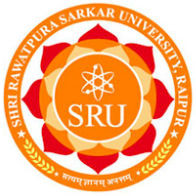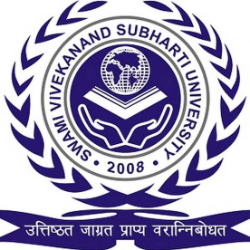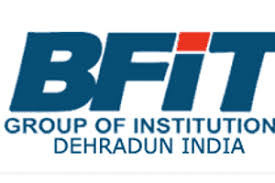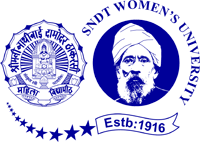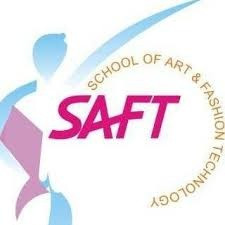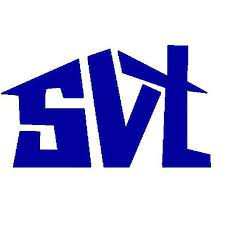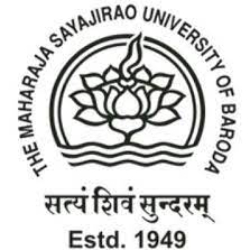Highlights: -
|
Degree Name |
Bachelor of Science |
|
Level |
Undergraduate |
|
Duration of the course |
3 years |
|
Eligibility |
Minimum 50% in 10+2. |
|
Education mode |
Full-time, Distance. |
|
Admission Process |
Merit as well as Entrance Exams |
|
Entrance Exams |
NIFT, CEED, SMEAT, UCEED, CEE, NID DAT, SEED, UID DAT, AIEED, SMEAT, UPES DAT. |
|
Fees of the course |
Rs 10,000 - Rs 7.00 Lakhs |
Eligibility Criteria: -
- Candidates must have cleared the class 12th in any stream or its equivalent from a recognised board.
- Candidates must have secured an aggregate score of 45%- 55% in the qualifying exam.
- Candidates may have to clear the Entrance Exam.
Syllabus for B.Sc in Textile Design:
The B.Sc in Textile Design syllabus will vary from college to college, but the course aims and subjects shall remain the same; the subject distribution over the syllabus may differ, but the study matter remains consistent. Nevertheless, candidates should check the official website to know the complete syllabus. Here is a general guide to B.Sc in Textile Design syllabus design, as commonly followed by Indian colleges:
|
Semester 1 |
Semester 2 |
|
CAD – II |
Textile Science |
|
Hindi / English |
Fashion Marketing |
|
Practical |
Draping |
|
Traditional Textile |
Adobe Illustrator |
|
Fabric Construction |
Textile Dyeing & Printing |
|
Garment Construction |
Figure and Profile |
|
Semester 3 |
Semester 4 |
|
Fashion Illustration |
Garment Production Management |
|
Basic of Garment Making |
Recent Advance in Textile Design |
|
Practical |
Traditional Art Crafts |
|
Family Dynamics |
IT in Textile Science |
|
Fabric Ornamentation |
Textile Chemistry |
|
Textile Science |
Fashion Apparel |
|
Semester 5 |
Semester 6 |
|
Methods & types of Spinning |
Yarn Count , Direct and Indirect Yarn |
|
Classification of Yarn |
Evaluation of Colour Fastness to Washing and Ironing. |
|
Yarn Properties |
Practical and Project Work |
|
Textile Garment Quality Control |
Fibre Identification |
|
Fabric Identification |
Fibre Blends Analysis |
|
Theory of Knitting |
Identification of Type of Yarn |
Further studies after B.Sc in Textile Design:-
- M.Des in Textile Design
- M.Sc in Textile Design
- Certificate Courses: Surface Design, Fashion Illustration, CAD for Textile Design, Weaving Techniques, Textile Marketing and Merchandising, Textile Conservation and Restoration, and Fashion Styling and Textile Design.
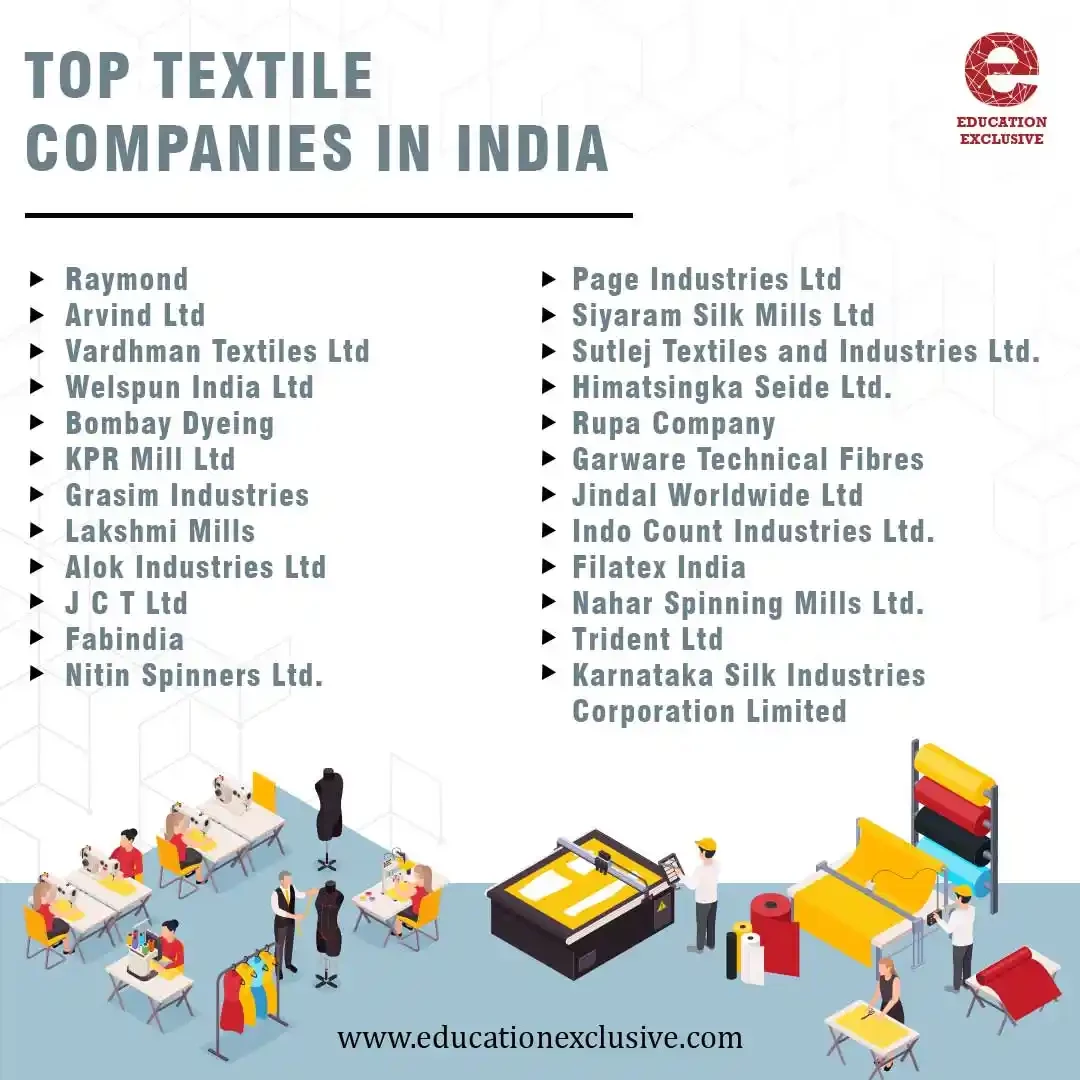
Employment after B.Sc in Textile Design:-
|
Job Profiles |
Average Salary (Lakhs Per Annum) |
|
Textile Designer |
Rs 4.00 - Rs 9.00 LPA |
|
Fabric Resource Manager |
Rs 2.00 - Rs 5.00 LPA |
|
Fabric Analyser |
Rs 3.00 - Rs 7.00 LPA |
|
Design Consultant |
Rs 2.50 - Rs 6.50 LPA |
|
Embroidery Designer |
Rs 3.00 - Rs 5.00 LPA |
|
Exhibition Designer |
Rs 2.70 - Rs 8.00 LPA |
|
Design Journalist |
Rs 3.00 - Rs 5.00 LPA |
FAQs
- What is the scope of Textile Design?
Textile Designing will open vast opportunities for the student who is pursuing this career. They can work in the garment, fashion, furnishing, and interior designing segments, along with their innovative concepts and skills will make their fashion sense grow in the competitive market.
- Where do Textile Designers work?
Textile Designers often work in design studios, factories, and labs. They are responsible for making the apparel more unique and convenient to wear.
- What are the major subjects in Textile Design?
The main subjects include Designing elements and principles, Communication and graphic designing, the Process of colour mixing, Insights about art and textiles, Basic design concept, and cultural values in the fashion industries.
- What is the course duration of B.Sc in Textile Design programme?
The course duration of B.Sc in Textile Design is 3 years.
Other specialisation in B.Sc: -
B.Sc in Interior Design, B.Sc in Fashion Design, B.Sc in Game Design, B.Sc in Jewellery Design.



